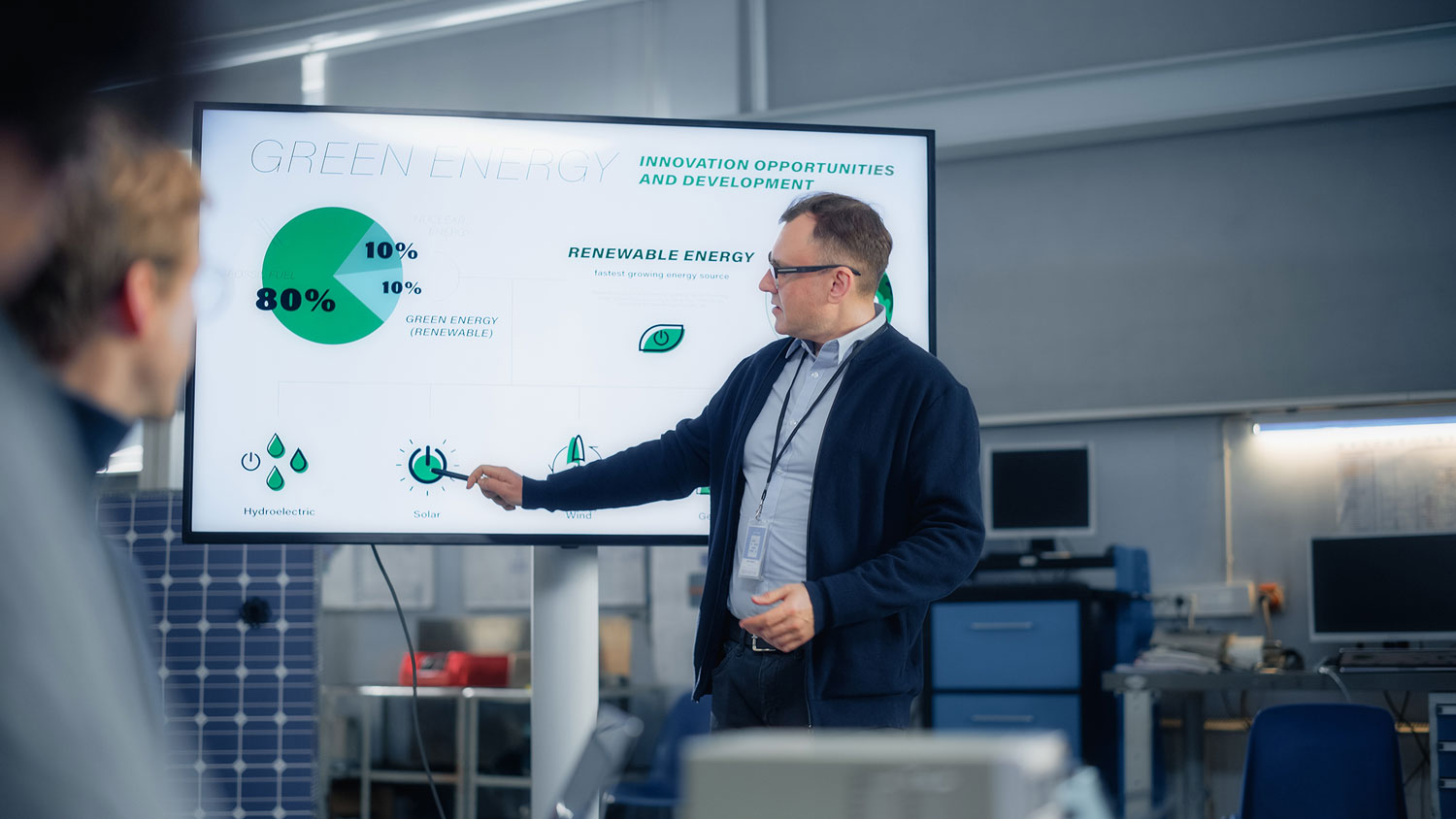As UK universities strive to meet the net-zero and decarbonisation targets of 2030 and beyond – there is a collective responsibility to make things happen. From the large infrastructure decisions that are made to our individual choices – perhaps we can re-purpose the well-known supermarket’s copy line! Every little helps!
With fewer than Seven years in which to make the necessary changes, a lot has already been achieved in terms of large-scale thinking and policy making.
- The changing, and adapting of materials used in construction projects, and maximising efficiency of existing buildings with performance enhancing re-development.
- Many on-site green energy production projects are at advanced stages of development as well as switching to power from clean sources.
- The removal of carbon from transport has seen greater emphasis placed on cycle routes and encouragement of electric and multi-passenger vehicles.
- Planning initiatives that concentrate on the proximity of facilities to housing, thus reducing the need for travel.
Most of these are determined by policy at board level and are fundamental. However, reducing energy demand must be a primary challenge and a relatively easy win!
At an individual level there has been progress in altering behaviour with the objective of reducing consumption at point-of-use. How many of us have had our conscience pricked by the amount of time we spend in the shower; The temperature at which we wash clothes; or lounging round a hot room in a t-shirt rather than turning down the ‘stat and putting on a jumper?
Reducing their consumption at the point-of-use
will yield significant savings.
When we are responsible for paying the bills, these are our decisions. Although we may be changing behaviour for the greater good, our primary motivation is to spend less on energy to make our money go further!
One sector where people need a bit more of a ‘nudge’ is student accommodation. The occupant doesn’t necessarily make a correlation between the energy they’re consuming and its cost. This is because they are not paying the bill directly.
Reducing their consumption at the point-of-use will yield significant savings.
In the current Student Accommodation Annual Review, published by Cushman & Wakefield, Martin Corbett, Managing Director of Homes for Students, states, “With the recent increase in prices, energy could be as much as 30%-35% or even more of operating costs for providers.” He makes the point that, in the short term, it will be difficult to pass this on.
To counter price increase Nick Proctor, the Founder and CEO of Amber Energy, promotes a longer-term net zero-aligned Environmental, Social, and corporate Governance strategy (ESG), saying, “What is good for the planet is also good for business…every kilowatt saved now is a much higher cost saving. Through a financial lens there are now clear tangible benefits to be had from a policy that tackles energy consumption, carbon and data.” He goes further, posing the questions “What is fair use? How can I control my student population’s usage to budget? Can I drive consumption down by billing students?”
In response, Glen Golding, MD at Prefect Controls says, “We have been operating in the student accommodation sector since 1997 and understand the relationship between room providers and their tenants. Our heating control systems are always striving to reduce energy consumption”. He continued, “Recently, we feel like the guy with a foot pump on a beach full of deflated Lilo’s – our systems have captured the zeitgeist. Some customers are reporting almost 40% reduction of energy used in their properties. As Nick Proctor has said, ‘every kilowatt saved now, is a much higher cost saving.’ The ROI [for our products] has dropped significantly, so we see our systems as both an immediate solution for tackling costs, but also, with instability and uncertainty in energy markets for the foreseeable future, our controls are a long-term investment that will provide benefits year on year”.
Although the deadline for Net-zero and decarbonisation is looming, 2030 will not be the time to take our foot off the gas (Pardon the ironic idiom!). While making sure their own houses are in order, universities are leading, in advising other sectors. As Prof. Judith Petts CBE, Chair of the Universities UK Climate Task and Finish Group, confirms, “Our universities are some of the most effective weapons in the UK’s climate and environmental armoury. Our research and expertise are behind the deep understanding of climate change, as well as the technological advances driving decarbonisation, and building resilience. We are also equipping graduates with the skills and determination we need to respond, generating the leaders of tomorrow to deliver public and environmental good…UK universities will continue to pioneer approaches and provide the world with the science, skills, and talent needed to safeguard the future of the planet.”
